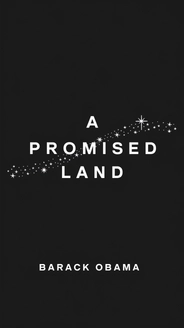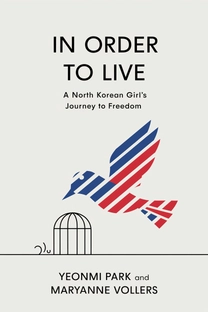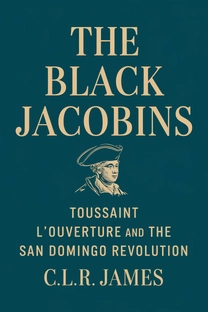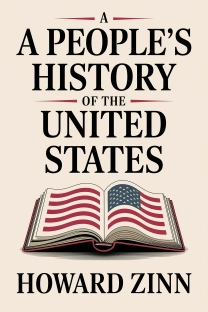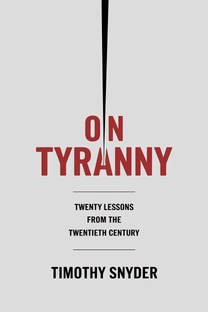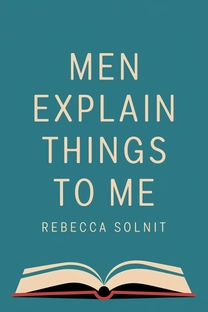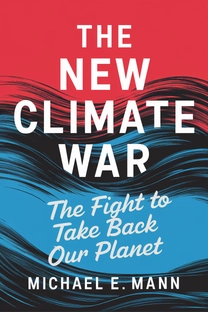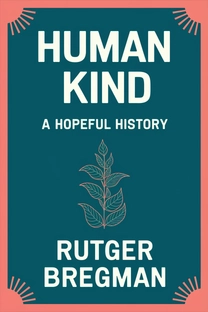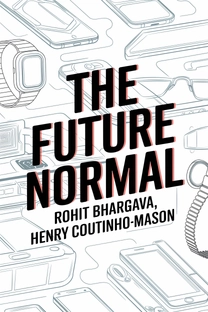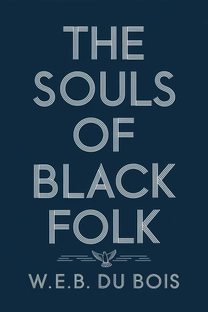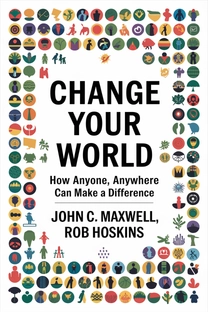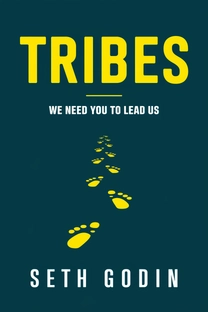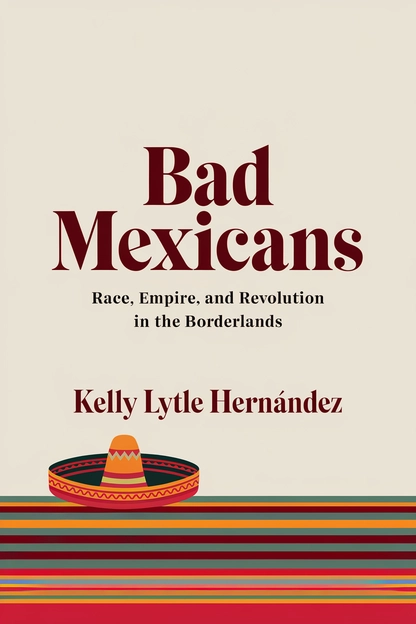
Bad Mexicans
Race, Empire, and Revolution in the Borderlands
by Kelly Lytle Hernández
Brief overview
This book vividly chronicles how a spirited rebel faction sparked a borderlands revolution. It portrays how the Partido Liberal Mexicano (PLM) confronted political corruption and imperial maneuvers, weaving together the stories of underground organizing, courageous journalism, and covert acts of defiance. By the end, you’ll understand the profound forces that drove these rebels to reshape Mexico’s future and unsettle power dynamics on both sides of the border.
Introduction
Imagine glimpsing a handful of revolutionaries crossing the U.S.-Mexico border with only their determination and a fiery vision. That’s the essence of this story—an uprising that shook the fabric of two nations. From clandestine meetings to hushed planning sessions in cramped apartments, their voices rose against dictatorship.
In these pages, readers meet the astonishing group that comprised the Partido Liberal Mexicano, or PLM. Their mission? Challenge the iron grip of Porfirio Díaz’s regime and the foreign interests propping him up. On the outside, Díaz seemed to promise order and progress, but behind the scenes were rampant land grabs, forced labor, and censorship.
As this introduction unfolds, we see how the PLM tapped into the latent frustrations of workers on both sides of the border. They believed that real change often begins far from official halls of power. Through secret newspapers, bold strikes, and tense showdowns, the rebels sparked a confrontation with deeply entrenched political and economic elites.
Roots of Discontent
After decades of civil war, Mexico hoped for a stable government. But Díaz’s “order” bred severe inequality. Lands were seized from Indigenous and rural communities to attract foreign money. The new railways and mines benefited a narrow elite, leaving much of the population impoverished and angered.
Amid these hardships, migrant laborers poured into U.S. borderlands, drawn by wages yet haunted by racism and harsh conditions. Diaries, letters, and ballads—such as the famed corrido of Gregorio Cortez—reveal the daily struggles of Mexicans forced to seek survival in a foreign land. Many, instead of finding relief, encountered segregation and lynch mobs.
The PLM grew out of these tensions. Early on, men like Ricardo and Enrique Flores Magón sensed the underlying fury. They formed alliances with other critics of Díaz—journalists, workers, and exiles—paving the way for a bold, transnational challenge to oppression.
What is Bad Mexicans about?
Bad Mexicans: Race, Empire, and Revolution in the Borderlands, authored by Kelly Lytle Hernández, asserts itself as a seminal work examining the intersecting narratives of race, imperialism, and revolutionary fervor within the geographical and ideological borderlands of the U.S. and Mexico. It meticulously chronicles the rise of the Partido Liberal Mexicano (PLM), a robust political and social movement that daringly confronted the autocratic regime of Porfirio Díaz and the imperialistic behaviors of neighboring powers.
The heart of this narrative focuses on how these fervent revolutionaries channeled the potent forces of underground networking, courageous journalism, and covert alliances to ignite significant socio-political transformations. Through arduous efforts, the PLM challenged authoritarian dominations and reshaped the political landscape, injecting new lifeblood into the radical seams of the Mexican Revolution. The book lays bare the vibrant picture of cultural resistance across borders, highlighting the pervasive legacy of these endeavors on both the country and the diaspora.
In essence, the book provides a powerful lens into the relentless pursuit of justice, equality, and self-determination, celebrating the perseverance and indomitable spirit that propelled these 'bad Mexicans' into the annals of history.
Review of Bad Mexicans
"Bad Mexicans" stands out due to its immersive storytelling that vividly reconstructs the fervent era of political dynamism in the early 20th century. Kelly Lytle Hernández succeeds in presenting a meticulously researched narrative that illuminates not only the daring exploits of the PLM but delves into the broader socio-economic and political crosscurrents that fueled this revolution. The book's portrayal of historical figures like Ricardo Flores Magón is commendably nuanced, offering deep insights into the courageous yet fraught pursuit of egalitarian ideologies.
A notable strength of this book lies in its ability to contextualize contemporary social struggles through the lens of historical activism, between the emphasis on journalism as a form of protest and the use of diasporic networks for mobilization. Readers are educated on the valuable lessons of coalition-building across classes and borders, showcasing practical applications regarding modern social movements. The narrative employs a lucid, accessible writing style, making complex interplay of political ideologies tangible even to general readers while maintaining rigor for history enthusiasts.
"Bad Mexicans" is a compelling narrative for those intrigued by themes of transnational revolution, the aftermath of imperial policies, and the tenacity of grassroots resistance. This book is recommended for historians, activists, and anyone curious about how historical movements shape modern socio-political landscapes.
Who should read Bad Mexicans?
- Historians and academicians who focus on transborder studies, postcolonial narratives, and revolutionary politics will find this book an essential resource, providing comprehensive data and fresh perspectives on early 20th-century Mexican activism.
- Social justice activists and community organizers can draw practical inspiration from the book's accounts of coalition-building, resistance tactics, and grassroots media strategies sparking significant change against authoritative entities.
- Journalists and media professionals interested in the historical role of journalism as a catalyst for protest and reform can gain insights into how media shaped, and was shaped by, socio-political movements across geographical boundaries.
- Students and educators in the fields of Latin American studies, social movements, and political science can benefit from the book's balanced analysis of the intricate interplay between racial identities, imperial dominance, and revolutionary aspirations.
- General readers with an interest in histories of resilience, revolutionary change, and the confluence of race and politics will find "Bad Mexicans" an engaging and enlightening read.
About the author
Book summaries like Bad Mexicans
Why readers love Mindleap
10-Minute Book Insights
Get the core ideas from the world's best books in just 10 minutes of reading or listening.
Curated For You
Discover your next favorite book with personalized recommendations based on your interests.
AI Book ExpertNew
Chat with our AI to help find the best book for you and your goals.
Reviews of MindLeap
Love how I can get the key ideas from books in just 15 minutes! Perfect for my busy schedule and helps me decide which books to read in full.
Alex R.
The summaries are incredibly well-written and the audio feature is perfect for my commute. Such a time-saver!
Jessica M.
Great app for personal growth. The insights are clear and actionable, and I love how they capture the essence of each book.
Chris P.
The app is beautifully designed and the summaries are top-notch. Definitely worth every penny!
Sarah K.


